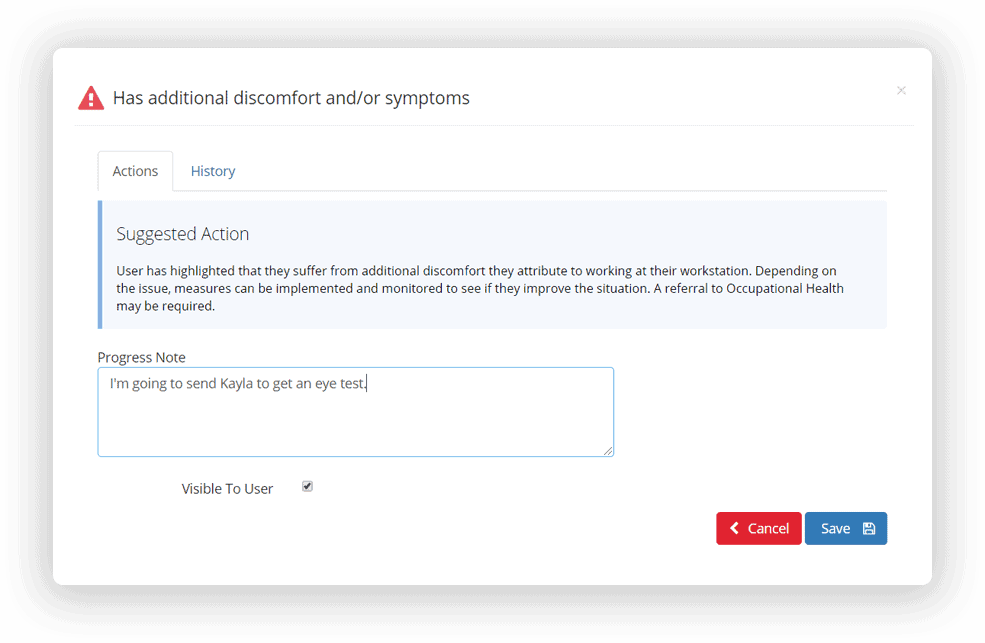
Track external certification and training with SiteWize, the latest feature for WorkWize LMS.
External training and certification that happens outside of your Learning Management System can be difficult to track.
This is an issue, as demonstrating compliance is an essential part of any tender or bidding process. If contracts are to be managed effectively it’s necessary to keep track of which employees have the right internal or external certification and training. This ensures employees have the correct documentation in place to enter a site.
SiteWize provides a solution to this issue by allowing employees to upload and store relevant external certificates and documents into the Learning Management System.
How does it work?
SiteWize allows you to configure your own training requirements. Within your training requirements your employees are able to view documents, sign policies, complete knowledge tests and most importantly – upload any relevant certificates or documents to complete the process.
The administrator is then able to instantly report on the employees who have completed the required training and provided the correct documentation. You can even set a requirement for the employee to complete the process again in the future, ensuring you
have an up-to-date list of compliant employees.








